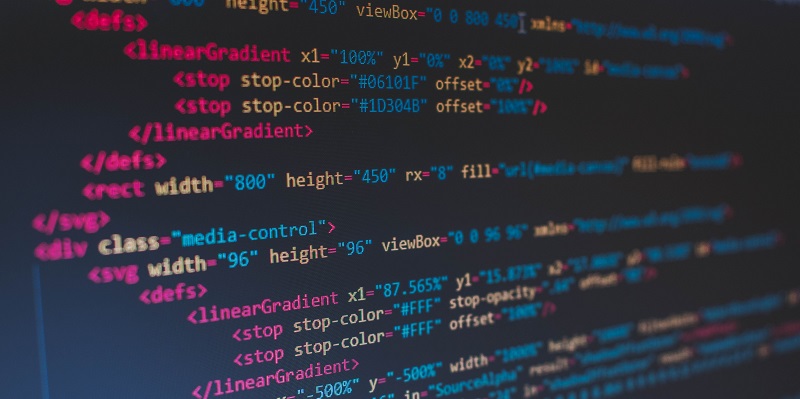Digital.ai, a leading provider of DevSecOps solutions, has made a commitment to integrate generative artificial intelligence (AI) and additional machine learning capabilities into its namesake platform. This strategic move aims to enhance the efficiency and effectiveness of DevSecOps workflows, enabling organizations to build and deploy secure software at an accelerated pace. By leveraging the power of generative AI, Digital.ai aims to automate manual tasks, identify high-risk changes, and ensure robust governance throughout the software development lifecycle.
Alpha Release of Generative AI Tool for Test Case and User Story Creation
In its pursuit of enhancing DevSecOps practices, Digital.ai plans to introduce an alpha version of a generative AI tool. This innovative tool enables the creation of test cases and user stories through the utilization of large language models (LLMs) accessible via a natural language interface. By harnessing the capabilities of these models, organizations can expedite the process of generating test cases, leading to improved software quality and faster release cycles.
Utilizing Generative AI for Risk Identification and Governance Enhancement
Generative AI will play a pivotal role in enabling Digital.ai’s platform to identify high-risk changes within the codebase. By analyzing patterns, code dependencies, and historical data, the AI-powered system can efficiently flag potential vulnerabilities and security loopholes. This proactive risk identification approach empowers organizations to address security concerns before they manifest into critical issues, thereby bolstering their overall governance in DevSecOps workflows.
Leveraging Public and Private LLM Platforms for AI Integration
To harness the full potential of AI, Digital.ai CEO Derek Holt revealed the company’s strategy of utilizing a mix of public and private LLM platforms. This approach allows Digital.ai to seamlessly integrate AI capabilities into its DevSecOps workflows. By leveraging both public and private platforms, the company ensures access to diverse language models while maintaining data privacy and customization options according to specific organizational needs.
Breaking Down Data Silos for Cost-Effective and Secure Software Development
Digital.ai recognizes that the siloed nature of data currently hampers the cost-effective development and deployment of secure software. To address this issue, the integration of generative AI will play a crucial role. By breaking down data silos and facilitating seamless collaboration and information sharing, Digital.ai aims to create an environment where secure software development becomes more efficient and affordable without compromising speed.
Automation Reduces Manual Tasks and Enables Best DevSecOps Practices
One of the key benefits of leveraging AI in DevSecOps workflows is the automation of manual tasks. With AI technologies like generative AI, organizations can significantly reduce the time and effort spent on repetitive and mundane processes. This automation enables teams to focus on higher-value activities, such as developing robust security measures, conducting comprehensive testing, and implementing robust governance frameworks. As a result, organizations can embrace the best DevSecOps practices without being hindered by time-consuming manual tasks.
The Increasing Importance of Secure Software Development
The growing reliance on digital processes, coupled with impending regulations, has intensified the demand for secure software development. Organizations, now more than ever, have a reduced tolerance for insecure software that can potentially expose sensitive user data or compromise critical systems. In this context, the incorporation of generative AI becomes essential to identify vulnerabilities, rectify security gaps, and ensure compliance with evolving regulations.
Automation Addresses Urgency in Complex Cloud-Native Applications
The rise of complex cloud-native applications has further underlined the urgency for robust application security. Traditional manual approaches struggle to keep pace with the complexities introduced by cloud-native architectures. By relying on automation through AI, Digital.ai’s platform can effectively tackle the challenges posed by these intricate applications. Automating security mechanisms, vulnerability scanning, and risk assessment becomes imperative to safeguard cloud-native environments from potential threats.
Racing to Secure Software Supply Chains
The race is on for organizations to secure their software supply chains before stricter regulations with severe penalties for security lapses come into effect. The integration of generative AI and machine learning in DevSecOps workflows allows organizations to proactively identify and mitigate vulnerabilities throughout the software development process. By embracing AI-driven automation, organizations can establish resilient and secure software supply chains ahead of regulatory deadlines.
Anticipating the Fadeout of DevSecOps Bottlenecks
As the capabilities of generative AI and other advanced algorithms evolve, many of the existing bottlenecks in DevSecOps workflows are expected to fade away. These algorithms have the potential to identify and recommend solutions to eliminate bottlenecks efficiently. By leveraging AI-powered insights, organizations can streamline their development processes, optimize resource allocation, and enhance overall efficiency. The infusion of AI in DevSecOps workflows promises to unlock new levels of productivity and software quality.
Digital.ai’s commitment to integrating generative AI and advanced machine learning capabilities into its DevSecOps platform marks a significant step towards revolutionizing software development practices. With the introduction of an alpha version of the generative AI tool, the company aims to streamline test case and user story creation. Additionally, generative AI will expedite risk identification and improve governance, ultimately enhancing the security and efficiency of DevSecOps workflows. As organizations race to secure their software supply chains and comply with stringent regulations, the integration of AI becomes paramount in helping address security concerns and unlock the full potential of DevSecOps.

